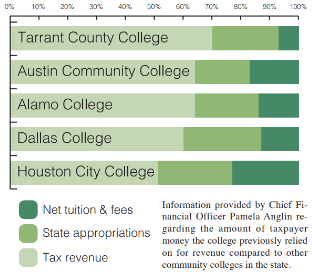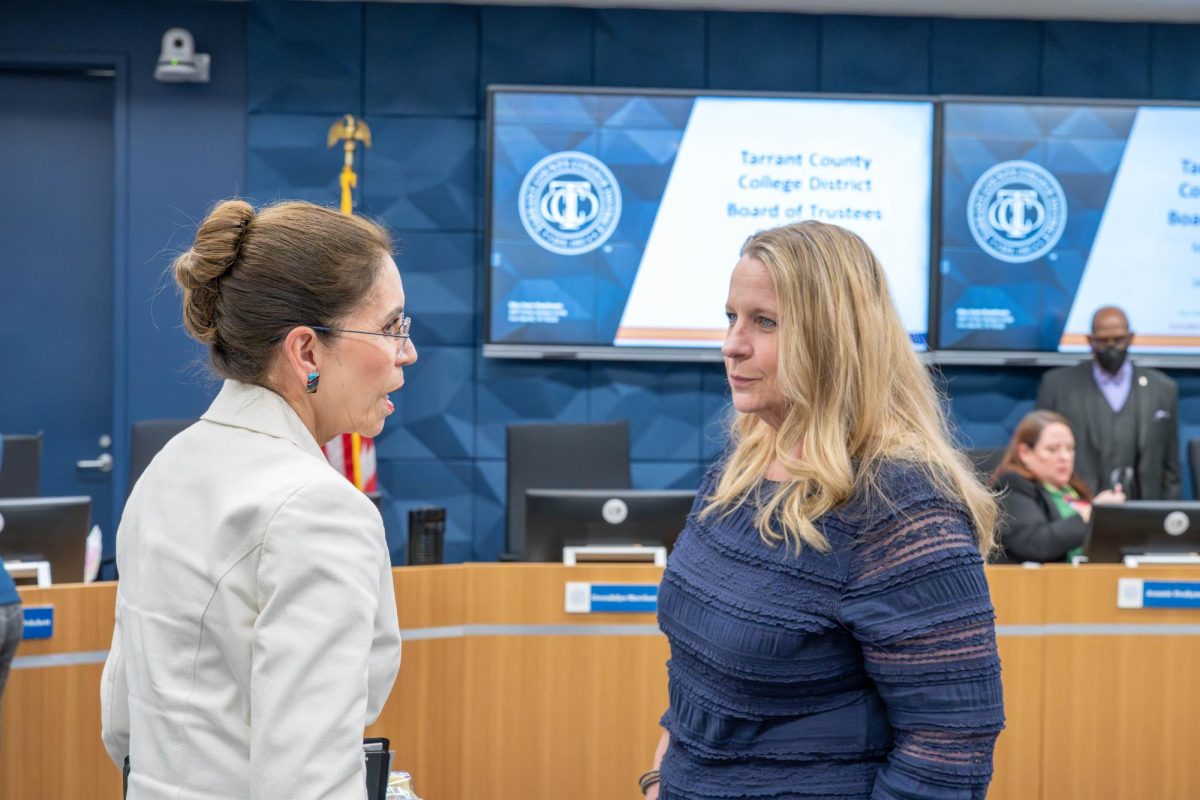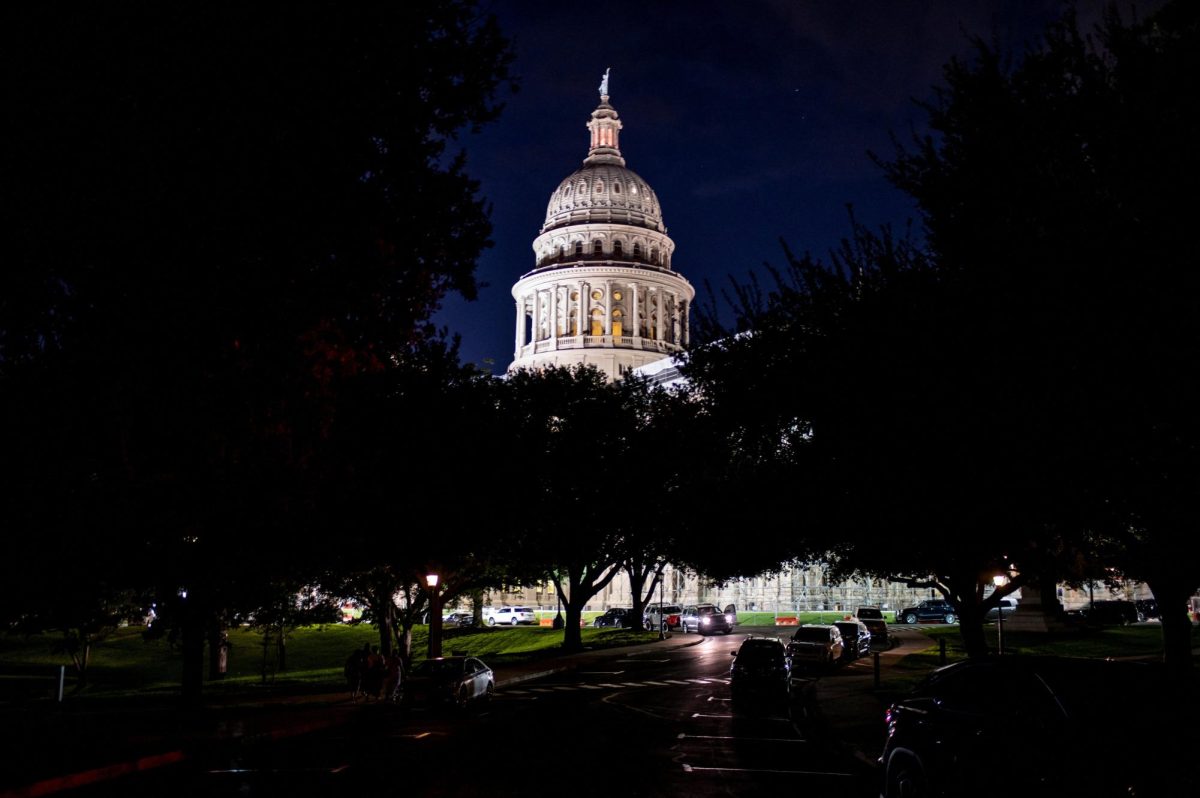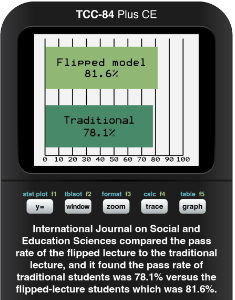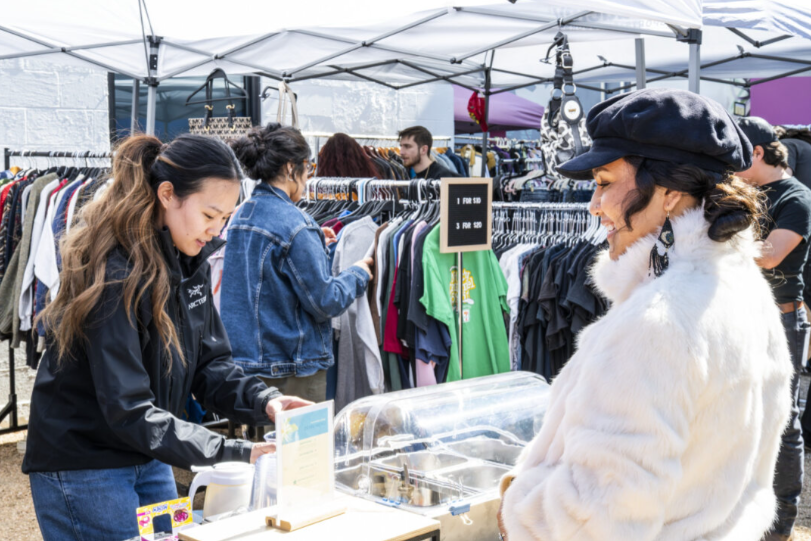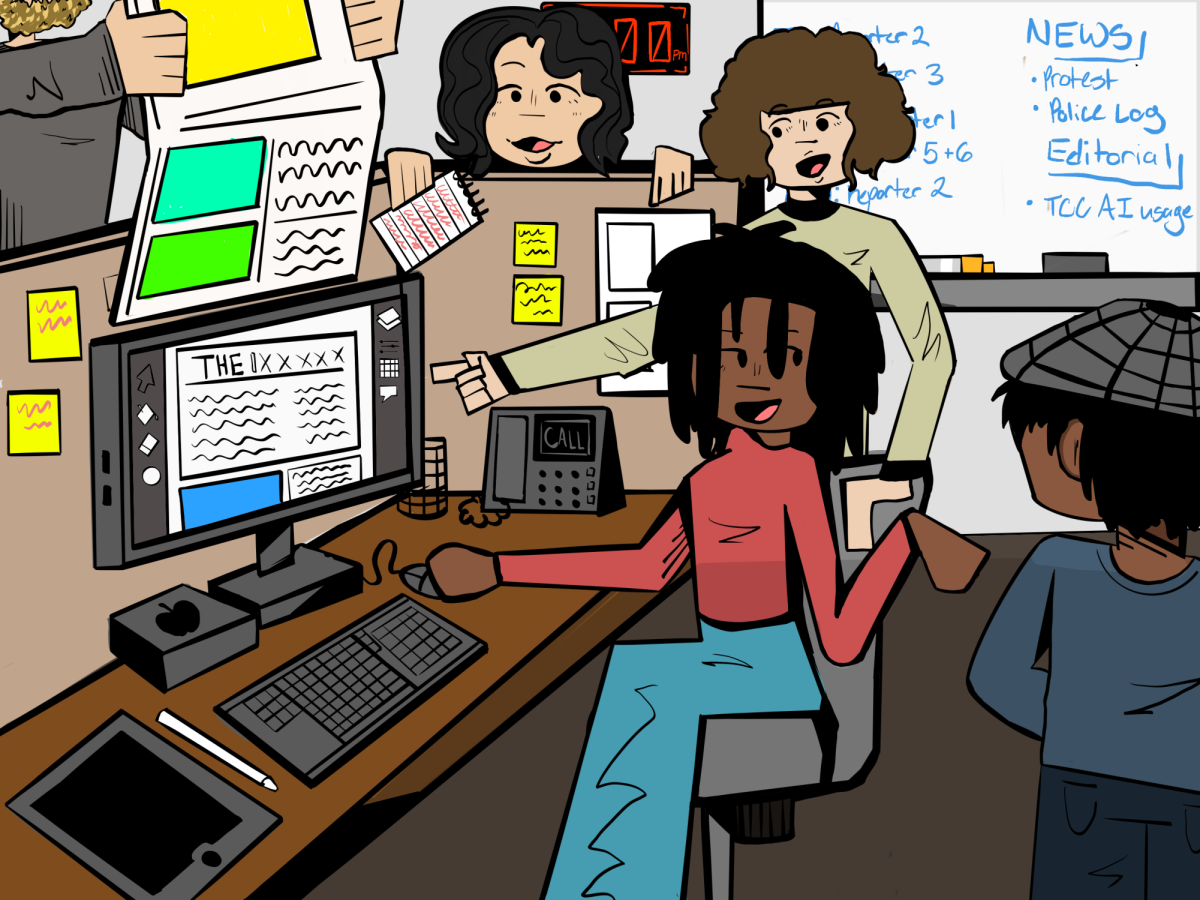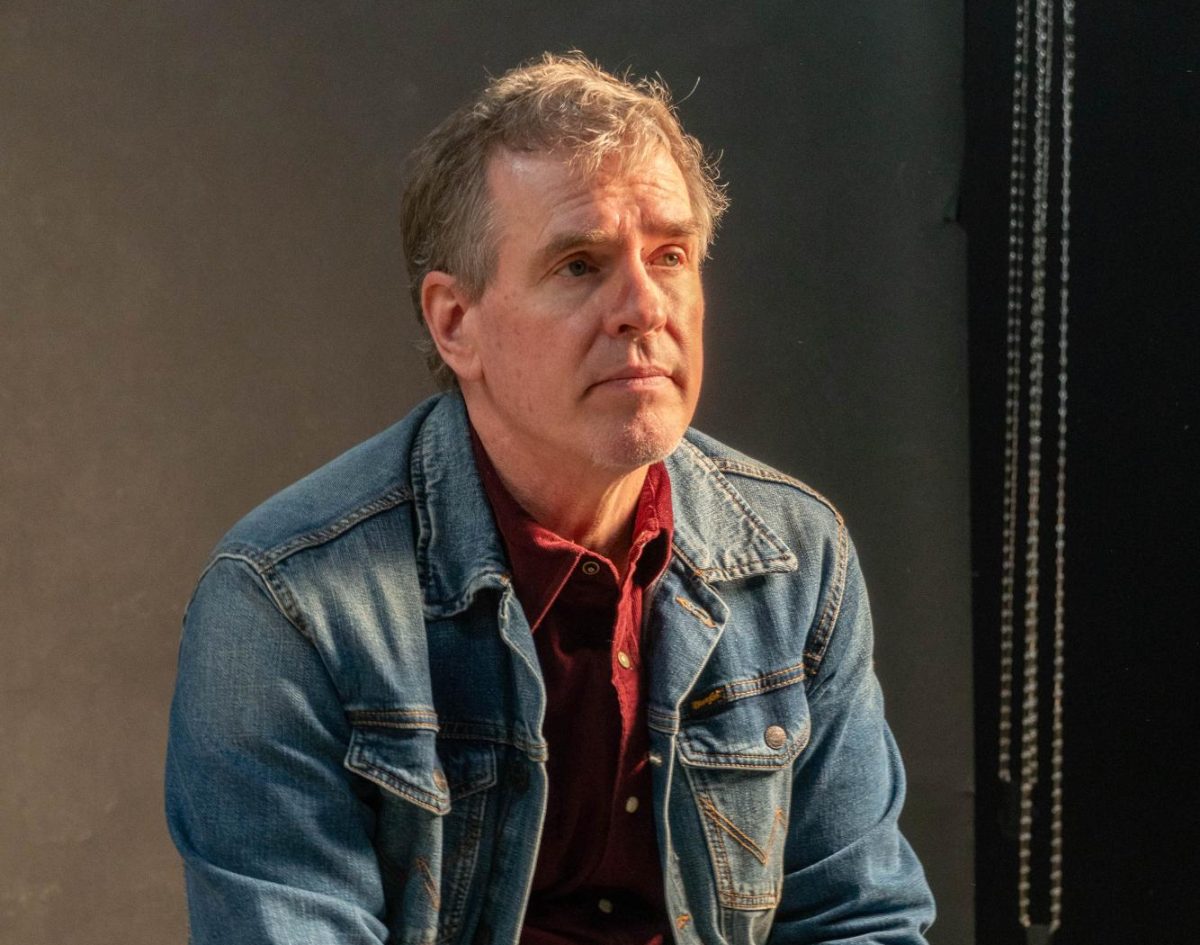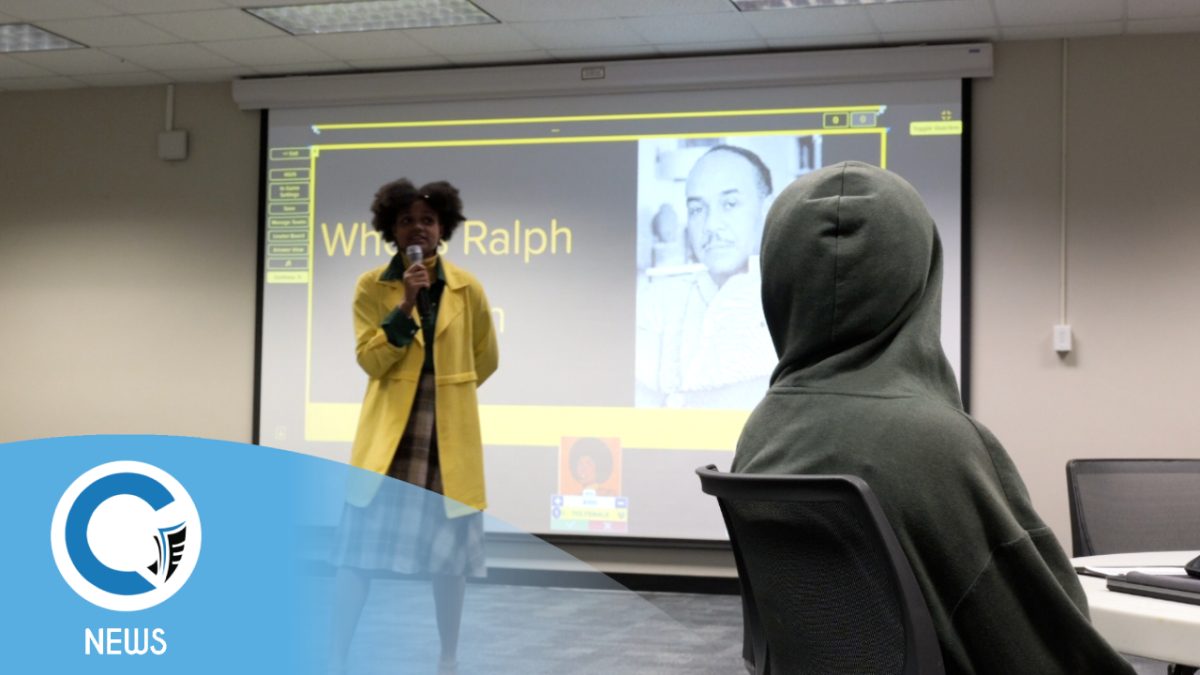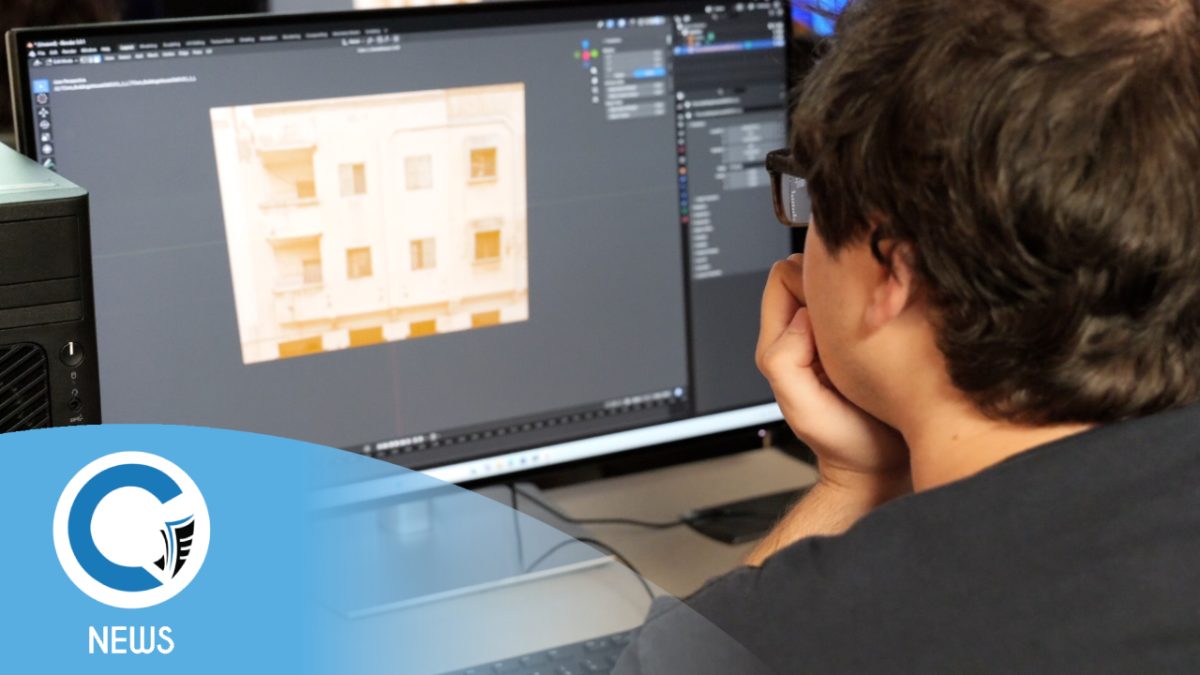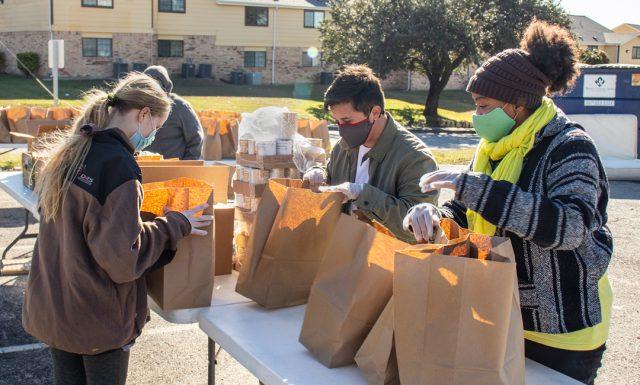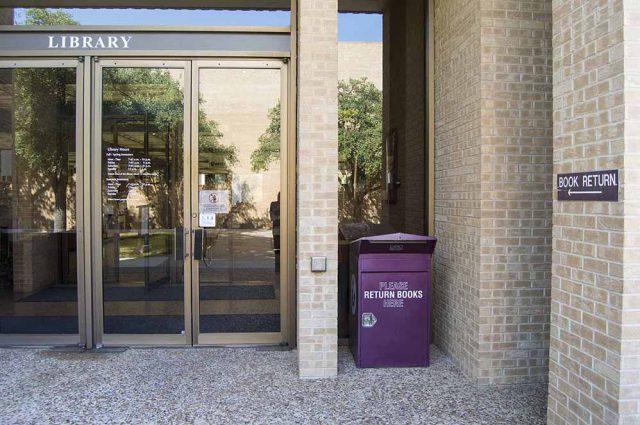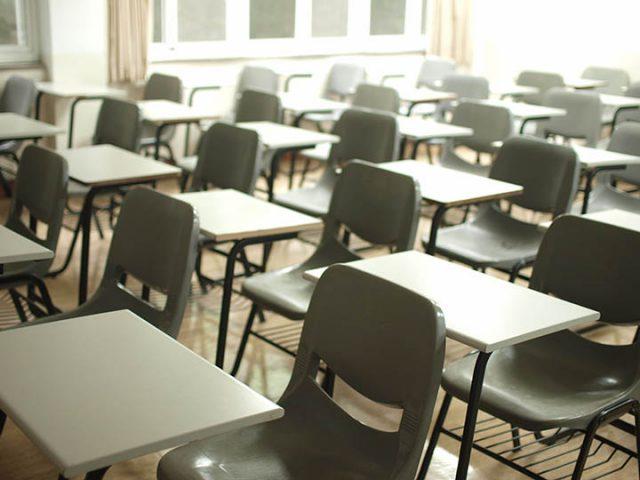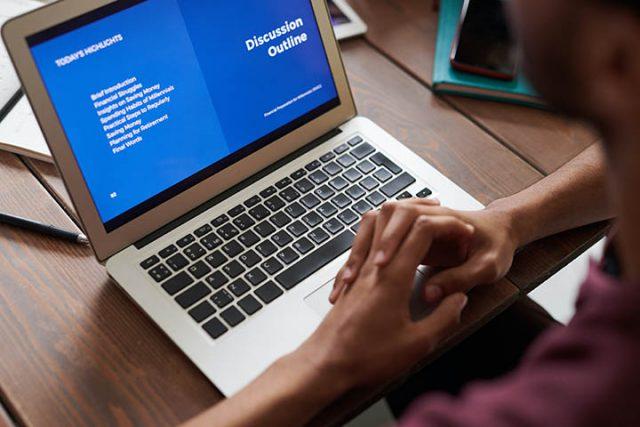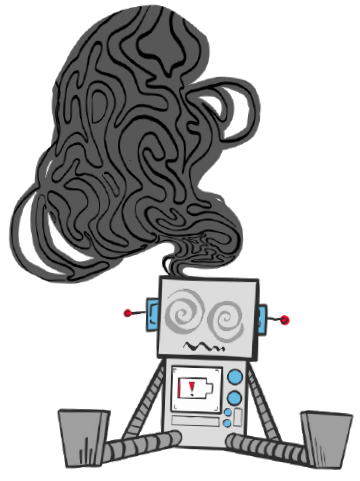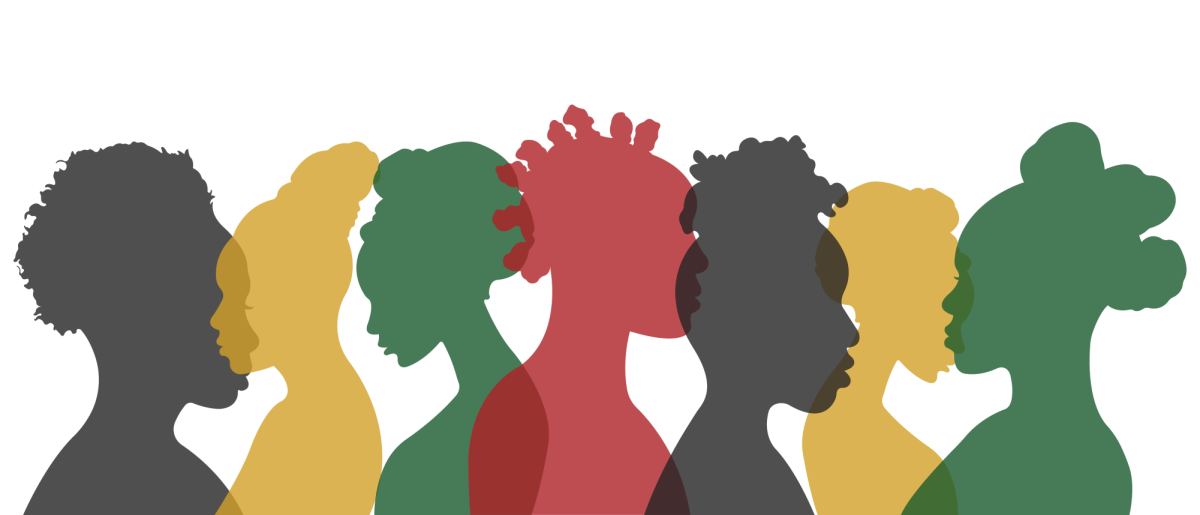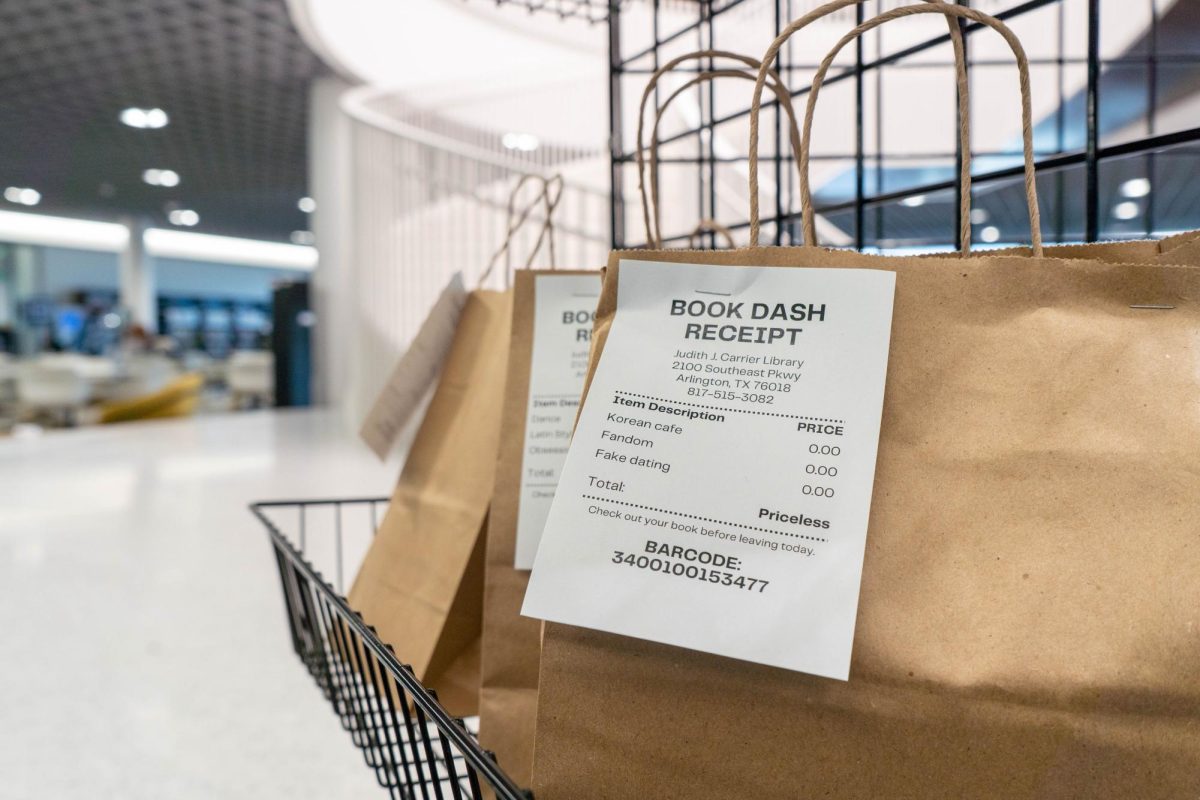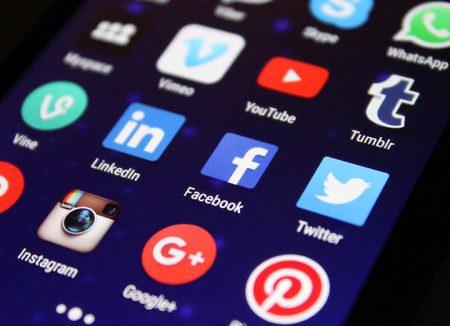
Research, critical thinking, fact-checking and awareness of own bias are vital things to practice while reading online
ALYSON OLIVER
campus editor
Digital literacy is the ability to use information and communication technology with knowledgeable skill, and it is more important than ever with information so readily available on the internet, south librarian Angela Morse said.
Research shows many students are proficient in using technology, NW assistant director of library services James Baxter said. However, students and Americans in general– are not as proficient when it comes to evaluating what they see online.
With news just a few clicks away, and the thoughts and opinions of others constantly circulating on social media, it can be difficult to determine what is true and what is false.
Someone with digital literacy knows how to do exactly that: fact check and recognize credibility, SE associate history professor Kristan Foust said.
Baxter, Morse and Foust all said it’s important to ask the right questions when looking at new information. For instance, who published the news article? Is it outdated? Who is the author, what are their credentials and could they have any conflicts of interest? Is their work well sourced, and what sources have they cited?
It is also important to pay attention to whether or not multiple news sources are reporting on the same story. If not, that should raise skepticism. A number of credible sources will report on real events, Foust said.
Finally, lateral reading, or consulting a variety of sources, is crucial in digital literacy, Baxter said. So is reading the entire article, because studies show many people stop after reading headlines and first few paragraphs.
“I think we have to realize there are no shortcuts to understanding the news,” he said. “We all have to spend a good part of our day reading if we want to understand what’s going on in the world.”
When it comes to news on social media, it’s been debated whether or not companies are doing too little to counter disinformation on their platforms, or if they’re overbearing.
This debate is nothing new, according to Foust. It’s just that it’s evolved as online information has spread.
When considering this topic, it’s also important to take into account the difference between disinformation and misinformation, Morse said. Whereas disinformation is the intentional spread of falsehood, misinformation comes from someone who is simply unaware of the facts.
Both political parties have made claims of unfair censorship from sites such as Facebook in the past, Baxter said, but he hasn’t seen any evidence of this. He said censoring false information about COVID- 19 to benefit public health and safety such as claims that masks are ineffective is justifiable, for instance.
Foust said knowing the difference between good moderation of disinformation and unjust censorship is still a work in progress. She proposed placing warnings on content and giving readers resources to find out more, rather than simply taking the content down.
It’s not a good idea to rely on social media for news anyway, Baxter said.
“Look to Facebook for entertainment and look to professional journalists for your news,” he said.
Morse and Foust said social media’s impact hasn’t been all negative it allows for event coverage that may not have been possible otherwise, gives people the power to connect with one another and breaks up the monopoly larger media corporations have had.
Still, at the end of the day, it’s best to look to a number of sources to see the bigger picture, Morse said.


